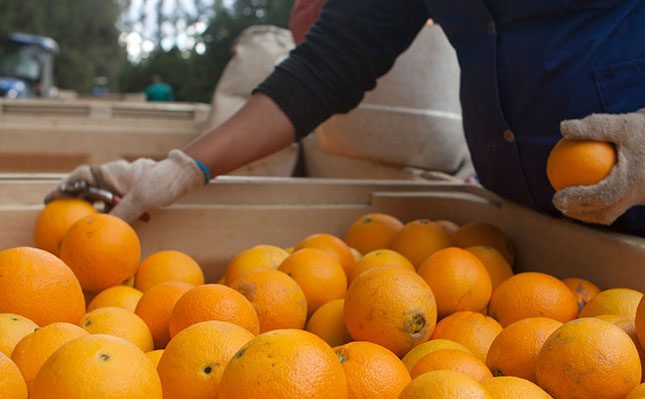
At the end of July, Minister of Agriculture, Land Reform and Rural Development Thoko Didiza approved the content of the CIS notice.
It has since been published in the Government Gazette for written public comment before finalisation and promulgation.
The Citrus Research Institute (CRI) has welcomed the tightening of biosecurity and quality control in tree propagation that will result from the scheme.
Paul Fourie, scheme manager at the CRI, said the scheme would ultimately increase the profitability of the Southern African citrus industry by ensuring citrus growers were supplied with nursery trees of the highest quality, made from true-to-type citrus material and free from harmful pathogens.
The scheme would require stricter procedures at nurseries propagating and selling citrus trees. Once implemented, nurseries would need to be audited and certified. Certification would ensure that trees complied with scheme standards, which included that trees were grown in nurseries that had been certified to be Phytophthora and nematode free.
Fourie noted that the scheme would bring multiple benefits to the industry, including improved biosecurity and traceability. “We are however aware that there will be disadvantages, like a possible reduction in the proportion of budwood cut in nurseries. The limited capacity of nurseries is also of concern,” he said.
Meanwhile, South Africa’s work to elevate citrus industry standards was being recognised globally. Recently, Viresh Ramburan, managing director of the Biogold Group, was appointed to the board of the International Community of Breeders of Asexually
Reproduced Horticultural Plant Varieties (CIOPORA), making him the first person from the African continent to join this institution in this capacity. This would help bring an African perspective to the table and further the interests of breeders from Southern Africa at a global level.
Ramburan stated that new cultivars of plants were a vital strategic and competitive advantage for growers.
“Introduction, protection and commercialisation of new cultivars is therefore immensely important. I have a very real understanding of the challenges and realities of this industry, and I aim to use the position at CIOPORA to shape an intellectual property protection system that encourages innovation and safeguards plant breeders’ rights worldwide,” he said.












